What is ‘hangxiety’? The aftermath of heavy drinking is worse than a hangover
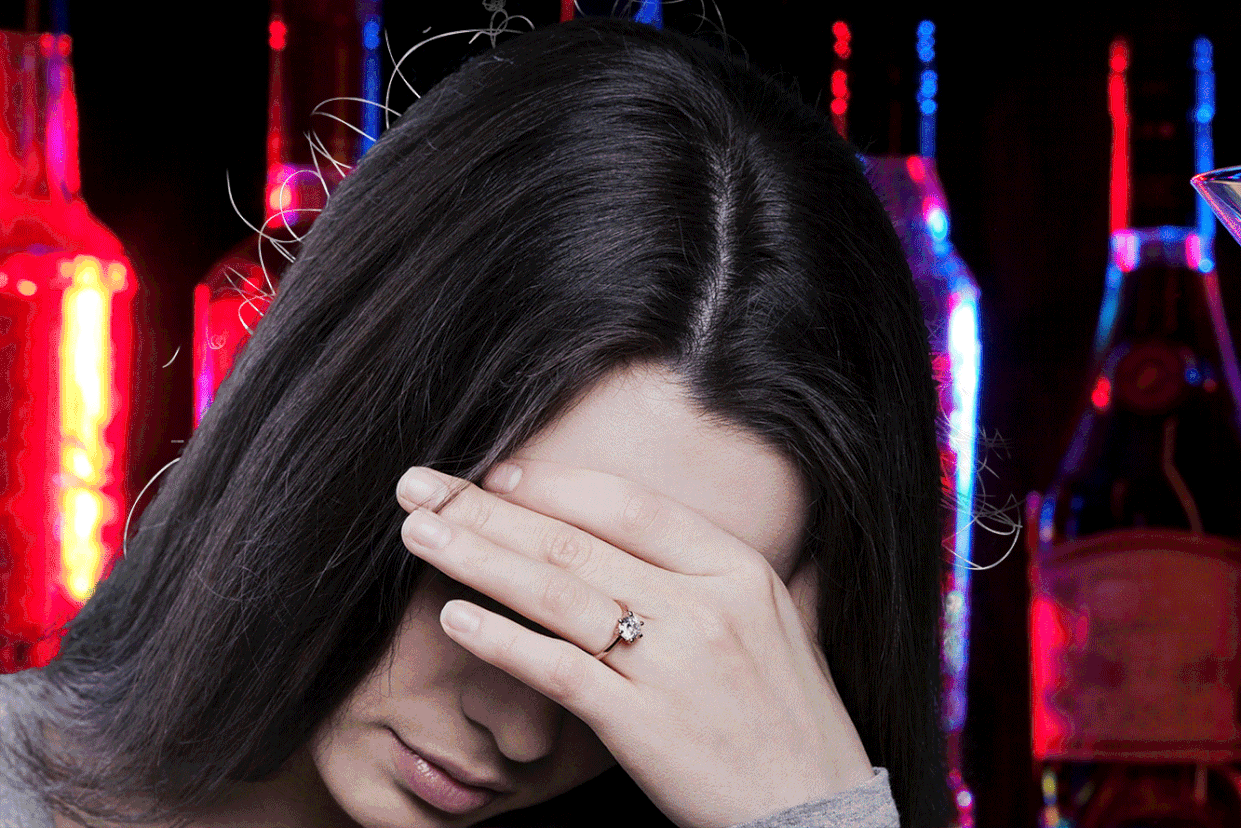
So, you had a few too many and now you’re left with a pounding headache and unrelenting anxiety.
What gives?
Often referred to as “hangxiety” — the one-two punch of anxiety coupled with the physical consequences of drinking alcohol — that pit-in-your-stomach unease the morning after drinking isn’t all in your head.
While it can be an undesirable consequence of regret accompanied by embarrassing behavior while drunk, there is a physiological component as well.
“Almost anyone who drinks any alcohol will experience alterations in their brain when they’re coming off the alcohol. With a small amount of drinking that may manifest as confusion, but after larger quantities you can have anxiety,” author and neuropsychopharmacologist David Nutt, who specializes in alcohol’s effects on the brain at Imperial College London, told National Geographic.
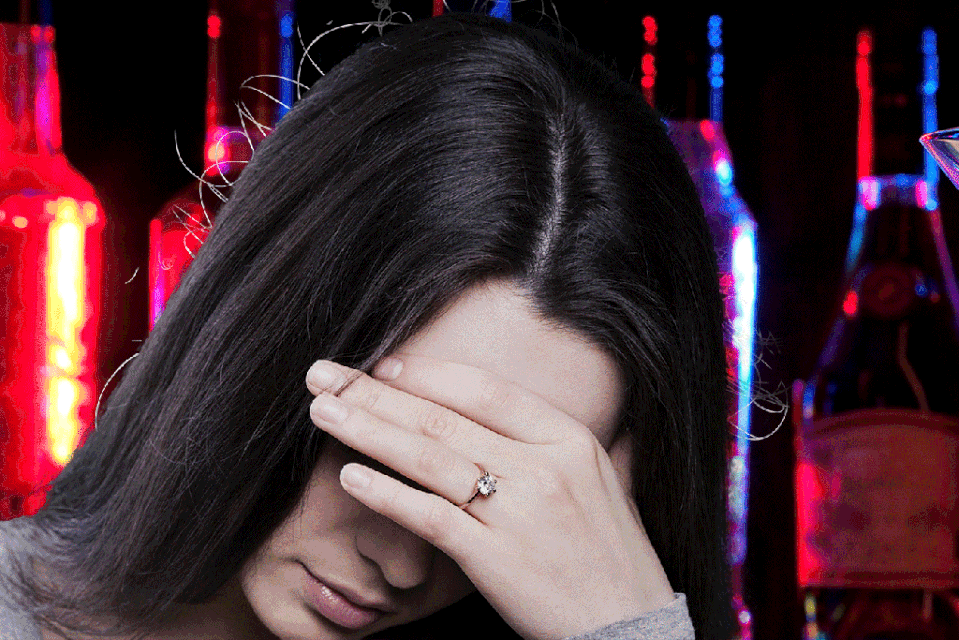
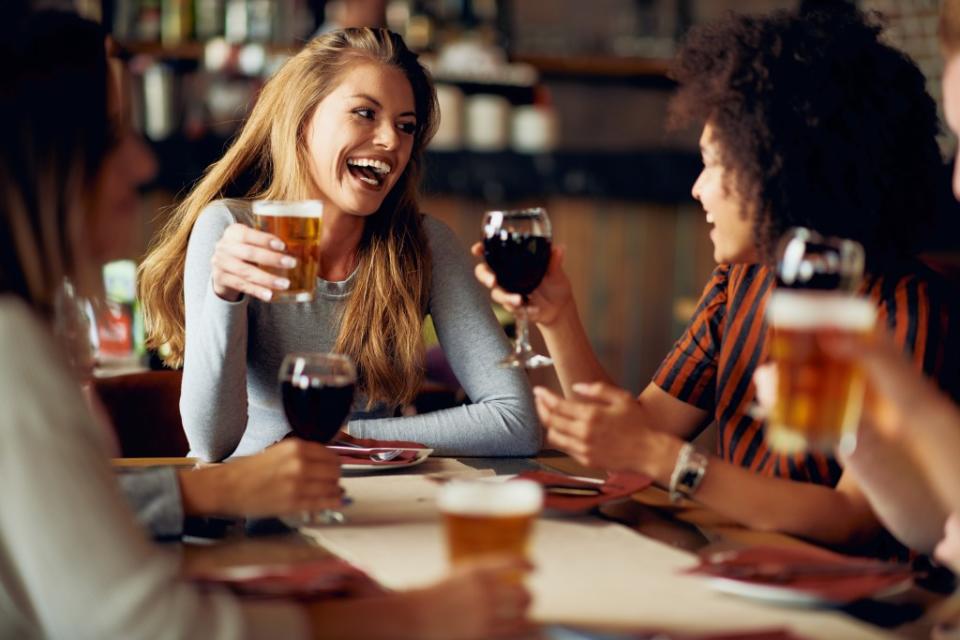
It’s ironic, really, that the liquid courage that neutralizes self-doubt while socializing can leave you with even more the day after — even in those who don’t normally have generalized anxiety.
That is primarily because of the way alcohol affects gamma-aminobutyric acid (GABA), a neurotransmitter in the brain that plays a role in sleep and stress. According to the Cleveland Clinic, GABA can calm the central nervous system and, therefore, reduce stress and anxiety.
But because alcohol also binds to the same proteins GABA interferes with, it temporarily has the same effect and causes GABA to deplete.
“This is why people feel more relaxed and disinhibited and their racing thoughts reduce when they drink,” Yale School of Medicine professor Stephen Holt, who is also the director of the addiction recovery clinic at Yale-New Haven Hospital, told National Geographic.
Alcohol’s sedative effects are also a result of its effects on the brain chemical glutamate, which is a stimulatory neurotransmitter that boosts energy.
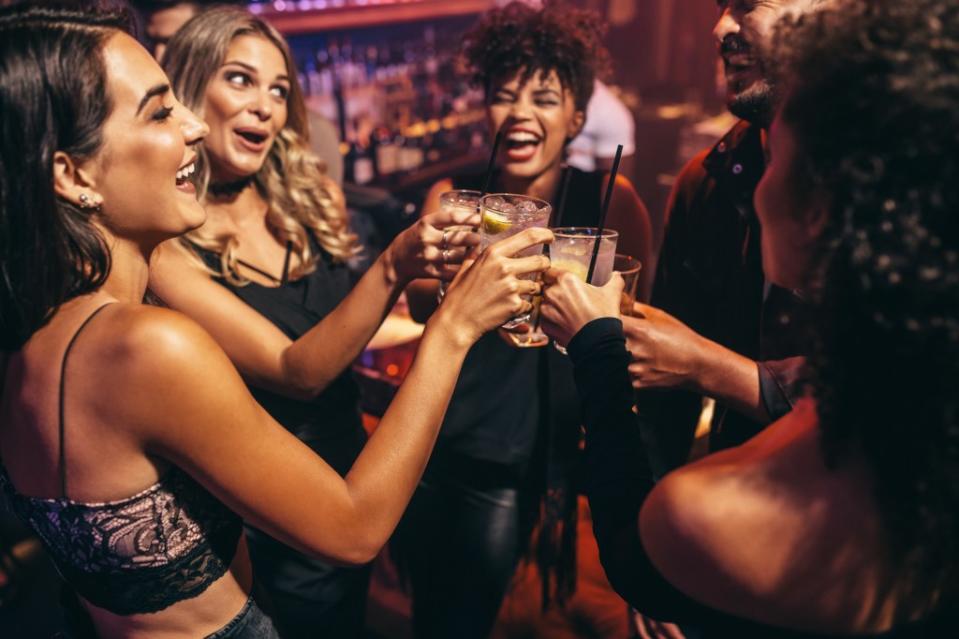
The increase in GABA activity while drinking diminishes the effects of glutamate, prompting the brain to produce more of the chemical and create an overabundance of glutamate that can leave boozers with more anxiety when the alcohol leaves their system.
Because alcohol mimics the effects of GABA, the body produces less and, as a result, drinkers are left with not enough of the chemical that works to reduce anxiety. (Talk about Sunday scaries.)
For the occasional social drinker who only consumes alcohol on Saturday nights at their favorite dive, the dreaded “hangxiety” will dissipate the next day.
But for chronic drinkers, it may take longer for the body to find equilibrium; according to Holt, it could take months for the body to regulate the GABA-glutamate system properly.
Those who drink alcohol every day may exhibit the symptoms of dysregulation before tossing back their first beverage since the brain is trained to anticipate alcohol consumption and naturally lower GABA levels, Nutt explained.
Not to mention, alcohol could be considered a poison since its breakdown in the liver results in acetaldehyde, a carcinogen that causes an upset stomach and headache which can be anxiety-inducing.
“Throughout the day, as the acetaldehyde is excreted, your body is recovering from having been poisoned,” Holt explained.
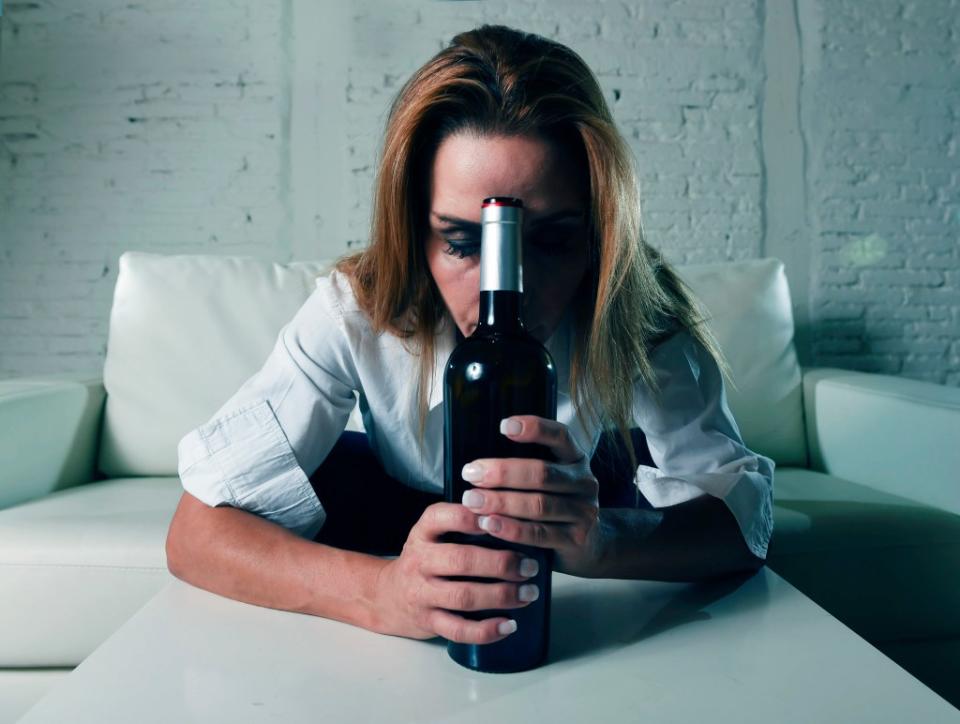
Meanwhile, regular boozers may also be sleep-deprived since alcohol disrupts the sleep cycle despite its temporary calming effects, leaving people irritable in the morning. For those who drink almost every single day, that familiar “hangxiety” could actually be a symptom of alcohol withdrawal, said Holt.
According to Healthline, the post-booze endorphin comedown causes emotional withdrawal as well, which can reveal any psychological symptoms that may have been numbed by alcohol.
“By late morning or mid-day, they get the feeling that something is missing, which is the alcohol,” Holt said. “People then think, ‘I need a drink to calm these racing thoughts.’ ”
But experts warn that the age-old “hair of the dog” hangover remedy isn’t as effective as one might think.
“Never drink to deal with the shakes or anxiety,” Nutt warned. “We call that relief drinking, and that is the cycle of addiction.”
Solve the daily Crossword

